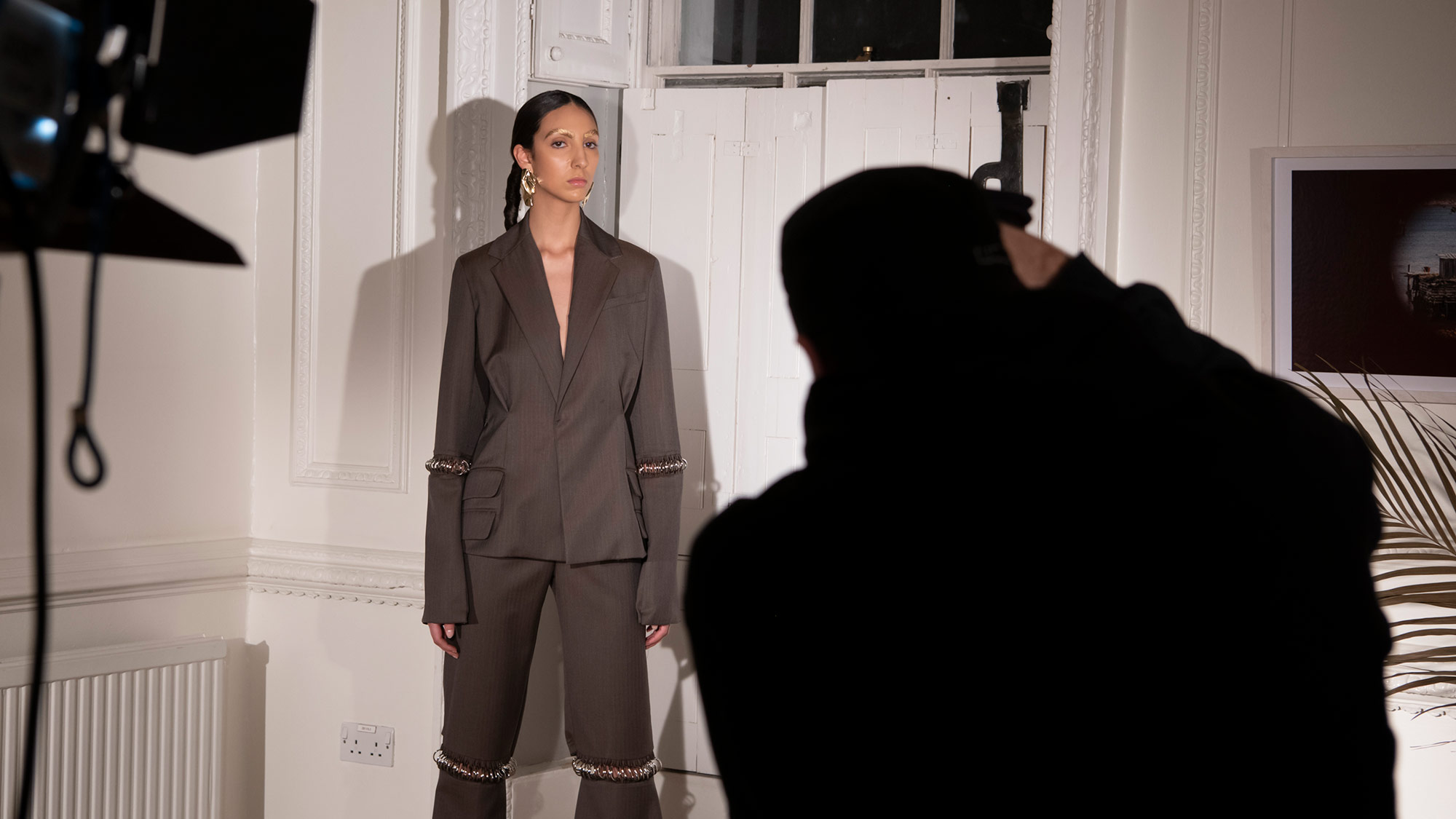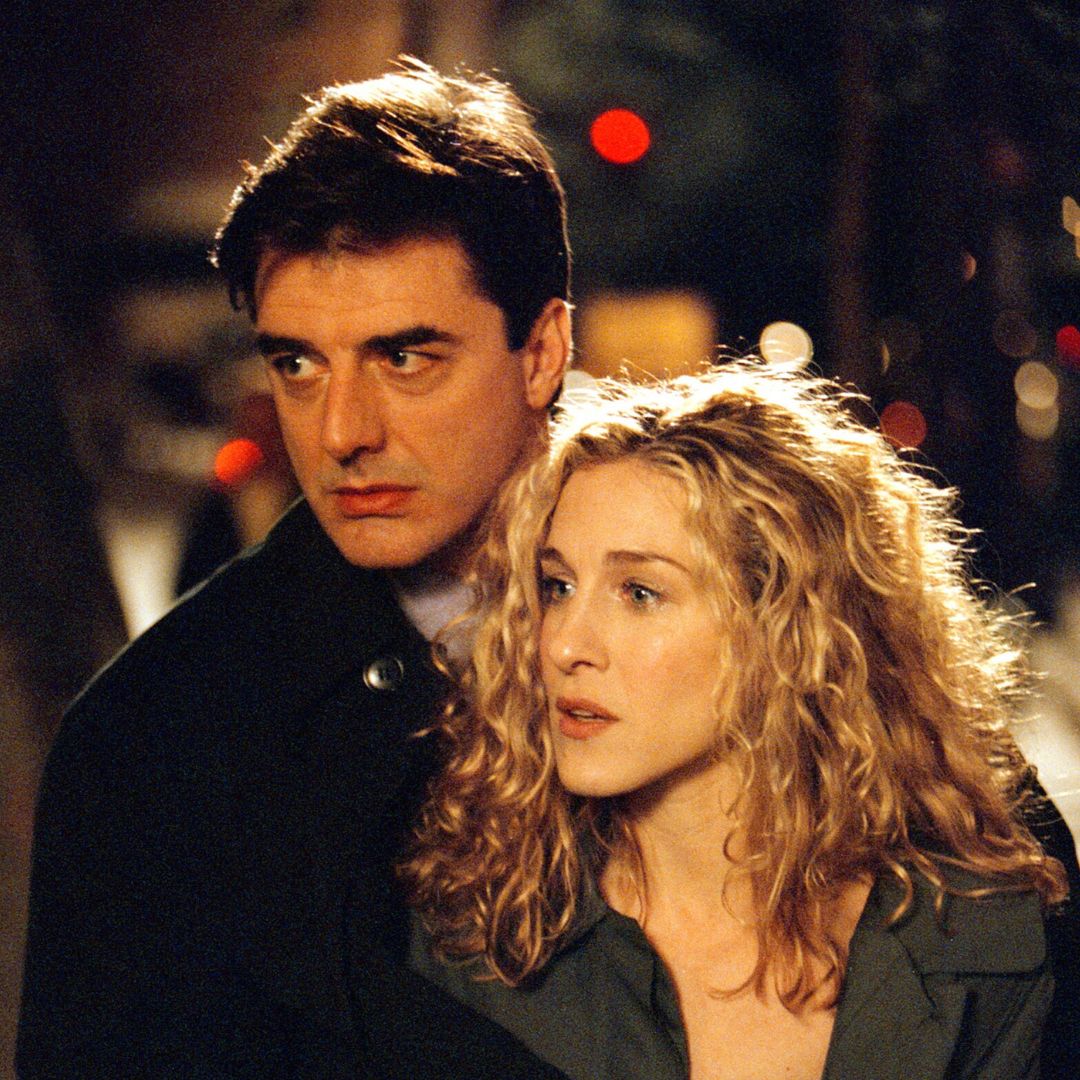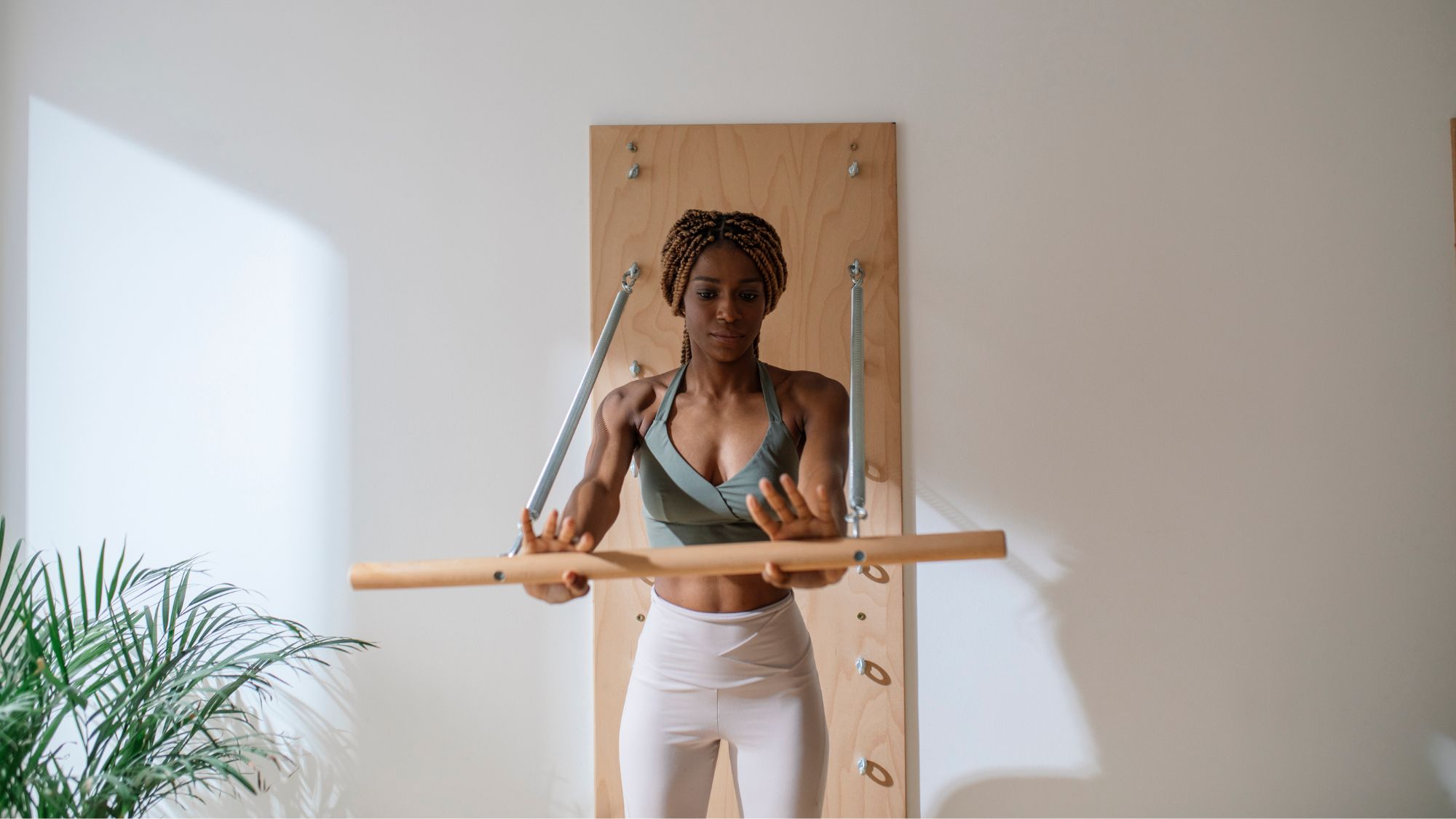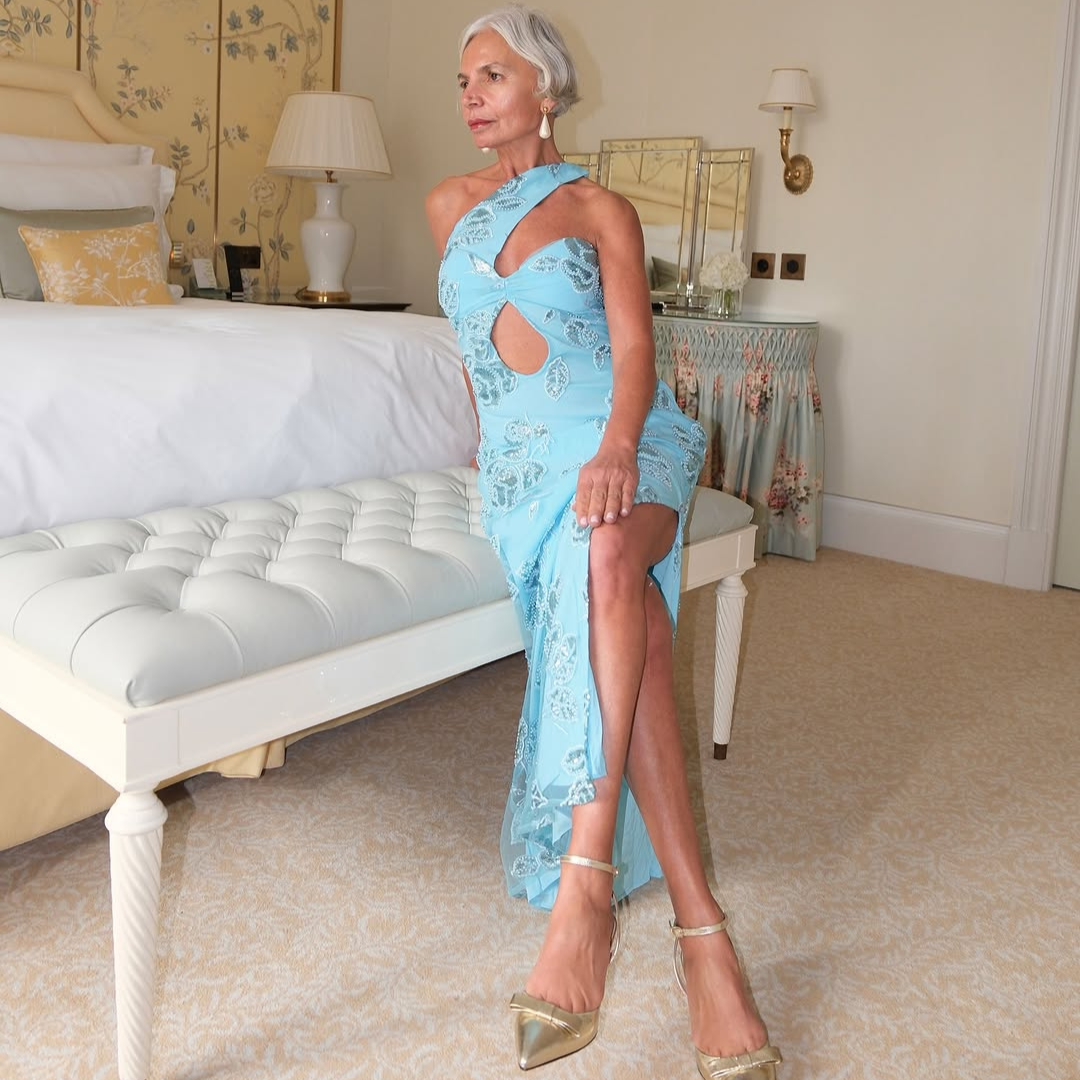Three trailblazing black creatives on what life is like in the fashion industry

Words by Chidozie Obasi, journalist and editor of @fuuuckingyoung.
Far from being frivolous, fashion has shaped minds and careers through design, photography and trends. But it can also be a challenging industry to be part of. Here, we asked three black creatives - photographer Daniel Obasi, designer Shanna Bent and model Eva Apio, to share their own experiences, and how they write their own narrative through creative process.
Shanna Bent, Brand Director of Maison Bent Official, @missbent
What made you create your label, and what inspires your style? I was always told to put my best foot forward when leaving the house as you were a representation of your family. I remember buying my first ever tracksuit during secondary school as that’s what all the cool kids wore but personally, my style has always been very feminine. I love the female silhouette.
I love empowering women whether it be through nudity or through power dressing. It’s 2020 - we can do both! I’m all about making women feel like their best selves. For sure, as a black designer your style really conjures ideas of timelessness and progression, which seems to be the idea which you take on board when looking at your pieces.
Could you describe the role of culture in your work? I want to make sure what I produce is timeless. I believe this is achieved through traditional tailoring and simple but clean cuts. I was raised in a household where we didn’t waste anything and always took good care of our clothing and possessions.
For example, we had yard clothes and going out clothes. As soon as you returned home, you would change into your yard clothes to preserve your ‘good’ clothes. I used to purchase all my clothes from markets and only bought a few outfits per year that I’d re-wear over and over. I think this has embedded into my subconscious as this is how I still shop and wear the same items over and over until they fall apart.
This has trickled into my designs as I always ensure that what I’m making is going to be timeless. Today, I still wear clothes handed down to me from my grandma because her pieces are still so relevant today. I want my clothing to have the same affect. This throw-away culture is very new to me and it’s never been something that I ever wanted to accustom to.
Marie Claire Newsletter
Celebrity news, beauty, fashion advice, and fascinating features, delivered straight to your inbox!
Do you think that growing up in a white-prevailing country has informed your creative attitude? I always felt quite hindered if I’m honest during my days as an undergraduate. It was a battle of being creative whilst being accepted by a prevalent white industry. It wasn’t cool to be black 10 years ago. Blackness was associated with cheap and ghetto.
A black designer celebrating their culture through their art was tagged typical whereas a white counterpart would receive praise for their daring appropriation. Seeing that was very difficult. It is a great time right now because I feel I can finally be true to myself and work with likeminded creative. It’s a much warmer community now as there are more seats at the table. You don’t feel the stark competition like you did back then and finally, black art is gaining the recognition and attention it deserves.
Where do you position yourself in the industry? After only one collection under the new name, it’s a bit hard to say however, I can share fashion houses that I really admire are Margiela, Comme des Garçons, and Phoebe Philo’s Céline.
You’ve previously spoken of your admiration of the Windrush movement. What made you dive into it? It’s a part of my history. It’s my family’s legacy, it’s how we are here today. With Jamaica being part of the Commonwealth, this amazing view of England being the Motherland of dreams was instilled into my grandparents who came to help rebuild Britain after World War Two.
They worked so hard in hope for a more secure future for their family with the plan to eventually return to Jamaica to live. They however came back despite all the trials and tribulations such as trying to find a house, running from racist Teddy boys, workplace discrimination. It’s so weird because even though they had such a tough time, all they talk about out was how happy they were back then.
I think this is because they had an extensive Jamaican community back then as everyone had to stick together for protection. There was more unity. I felt like this was an important era to focus on after the Windrush scandal emerged. It was a huge disrespect to people who had contributed so much to the country during their time of need. It is also this generation that helped create the diverse UK as we know it today. The Windrush generation are monumental and I wanted to celebrate them.
You’ve also started a new project of face-protective gear; why it is important to you? I didn’t want to create face masks. Friends have been asking me to make them ever since the pandemic broke out and I resisted because making money out of people’s needs didn’t feel right to me. If anything, I really wanted to produce some for free for the NHS. I applied to offer my help but was told they had enough, so I didn’t think any further than that.
After a while of being quarantine, I had the itch to begin creating again. My friend insisted that I take a trip to the studio to get my sewing machine and some fabrics and get sewing. I did just that, literally not expecting to sell anything but wanted to ensure they provided as much protection as possible and so added a pocket to have a filter inserted and I sold out in less than 2 days! It still didn’t feel right to take all the money so I have donated 20% of all profits to Black Lives Matter charities.
Final words? I feel like it’s finally acceptable to be your true black self. This might sound insane to most but most of us have had to consistently simmer down our identity to get a leg in to the industry. There are finally more black people in senior roles, almost every designer now uses ethnic minorities in their shows and campaigns. It’s no longer acceptable to not reflect the world around you in your work. It’s so important for everyone to be represented. This arouses confidence and a sense of belonging and without that, you have a lot of lost souls seeking validation. Every single human being deserves to feel like they belong and as a unified human race, it’s all of our duties to ensure we help each other.
Daniel Obasi, Photographer and Stylist @iamdanielobasi
How do you reflect the social contexts happening in Nigeria within your work? My work deals with sexuality and the issues around beauty, especially for minority groups. There is a lot of political, religious and cultural strain when it comes to the place of queer people and women in the Nigerian society. My work constantly aims to elevate these groups by portraying them as powerful and ethereal.
How do you view the world of fashion, culture and identity in relation to your reality? In my reality fashion is so important and helps me intersect all these factors. I love the freedom of expression that fashion gives. It’s a good standpoint to look at my culture or history and really helps with figuring my identity. A lot of issues we deal with today has to do with Race, Colonialism and the often erasure of black history. In trying to decide what my aesthetic is or even what I want to believe is my reality, it’s important to examine how culture and identity entwine; fashion is one way to explore this creatively.
How would you describe your art? My art as contemporary and as a part of Afro-futurism.
What are you motivated by? The activism part of my work is really motivational for me because it's gradually making me bolder and more daring with the way I want to approach my work in future.
What’s been the most thoughtful message that shaped your work? I found a note on my phone recently that I totally forgot about, and I wrote that to myself at a point where things were really uncertain for me: 'A dark induced state of mind were light is the enemy and emotions are lies.'
Touching on socialism – do you feel gender-conformity is still biased amid Nigerian landscape? Very biased, especially because for once religion, tradition and the government agree on this one thing making it difficult to even have the conversation without fear or judgements. Sexuality is constantly shunned but there are signs of bravery in different forms; in music, in arts, even in comedy. A community seems to be forming amongst queers and allies obviously very calm and cautious.
What story are you trying to tell? A story that it is possible to still dream even in the midst of the chaos that’s our political and economic landscape. That even if we constantly feel that the society may have failed us it is possible to imagine an alternative.
Eva Apio, Model and Fashion Influencer @evssofficial
Since becoming a model, what have been your biggest challenges? It would have to be my height and probably sadly the colour of my skin. In modelling it's hard if you're below 5'8 and I'm 5'7. Also being black is even harder because the industry is dominated by your typical blonde white girl, it’s what most brands and companies push as beautiful or if it’s a black girl they push a black girl with straight hair which was hard because my hair is natural and short.
As a young black woman, what were your struggles trying to fit into the environment? I have definitely found trying to fit into the environment a struggle. When I first started modelling I found myself relaxing my hair so it would be straight for work or I would find myself starving myself because I would go to casting, and the slim white girl next to me would always get the job, or the black girl who had straight hair would get it. I thought that's what I had to do, which is quite disturbing considering I was 15.
How have you tackled racism and biases? Most would think there isn't any racism in the modelling business but us models go through a lot. I've hidden in toilets crying on set because of how my hair and makeup looked, as clients didn't have makeup artists or hair stylists who knew about doing black hair or black skin.
I've been told a client doesn't want to book me for an extra day because in their words we 'couldn't make my hair look neater'. I've had clients reshoot a whole campaign and make a white girl the face after booking me - although the industry is slowly changing. I just don't want black girls to become a trend or become a social experiment to see if a brand's product will sell after supporting black lives.
You’re also an influencer, how did it start? Being an influencer has its perks as well as its dark sides. I gained my followers in 2017 after going viral after I did a shoot with Matte Brand, which is owned by one of my close friends. It’s a crazy road, there’s days where I don't want to post anything because I'm having a bad day or going through personal issues.
There is pressure, because then people could decide to unfollow me and stop liking my pictures, and then brands wouldn't work with me anymore. It's crazy scary but it’s also beautiful and fun because I get to work with amazing clients. I seem to influence and inspire so many young girls which is seriously heartwarming.
I could be having a bad day and I’ll open my DM’s to see girls saying I inspire them or giving me amazing encouraging words, which seriously means the world to me. When starting out I didn't have any hopes: I’m just so authentic and transparent on my socials by not promoting brands I genuinely don't think are good, or if I've worked with a brand and had a bad experience I highlight that to my followers, because they've seen several cases where people will treat influencers better than actual clients which is crazy to me. I’ve turned down a lot of worj because I don't want to just post for the money, but for the quality as my followers will probably end up trying to use their services.
What makes you proud as a woman of colour? I’d say my fire-ass skin complexion. It would be the fact that I have so much history meaning so many stories to tell.
The leading destination for fashion, beauty, shopping and finger-on-the-pulse views on the latest issues. Marie Claire's travel content helps you delight in discovering new destinations around the globe, offering a unique – and sometimes unchartered – travel experience. From new hotel openings to the destinations tipped to take over our travel calendars, this iconic name has it covered.
-
 Two Hollywood actresses were offered the role of Carrie Bradshaw before Sarah Jessica Parker
Two Hollywood actresses were offered the role of Carrie Bradshaw before Sarah Jessica ParkerBy Jenny Proudfoot
-
 Stop what you're doing: these are, hands down, the best wall Pilates workouts for the core, according to top instructors
Stop what you're doing: these are, hands down, the best wall Pilates workouts for the core, according to top instructorsRigs at the ready.
By Katie Sims
-
 9 elegant mother of the bride outfits that will work for any wedding setting
9 elegant mother of the bride outfits that will work for any wedding settingChic suits and floral frocks, included
By Lauren Cunningham